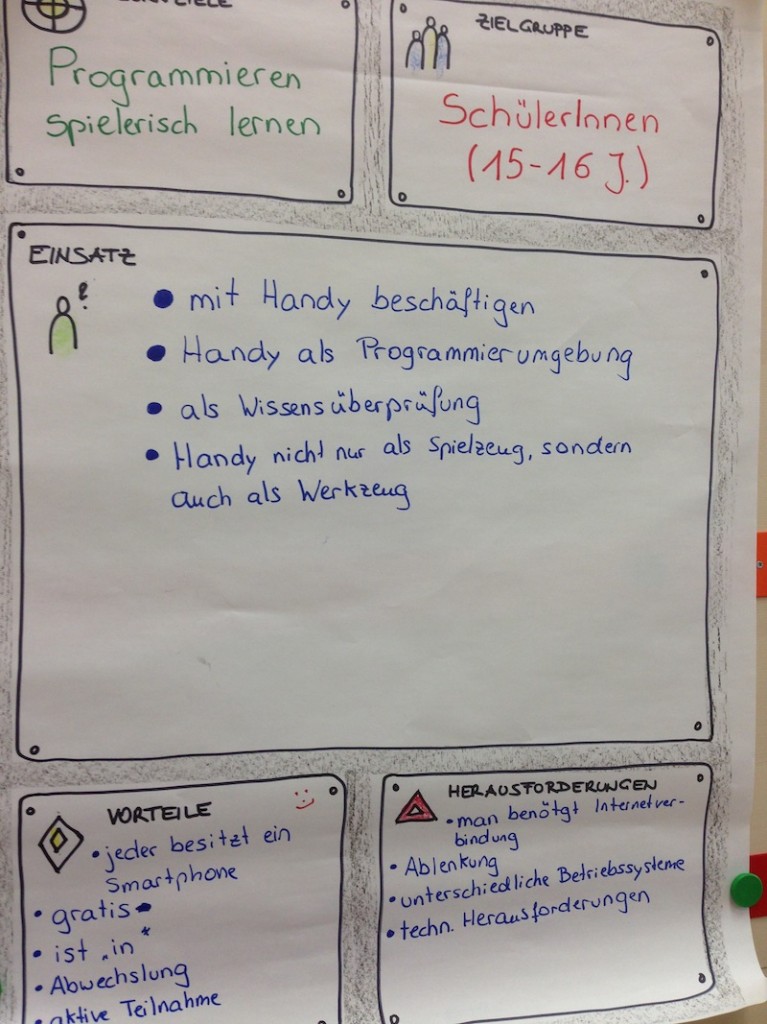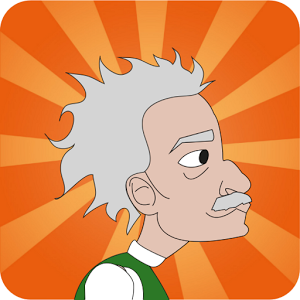Our article about “Preparing teachers for a mobile world, to improve access to education” for Springer’s Prospectus Journal is now published. You will find the article right here – additionally I published a earlier “draft” version for further discussions.
Abstract:
Recent statistics on the use of mobile technology proclaim that the world is becoming mobile. People use their phones to socialize, to conduct business, to search for information, and more. For the first time in history, people around the world have the potential to learn from any location at their own convenience. But first, education systems must change, to facilitate mobile access to education. As this article describes, the most important change will be training teachers, both in pre-service programmes and through professional development, to use the technology to design and deliver education and to create bridges to informal learning. The article also describes some projects around the world that are helping to prepare teachers for the mobile world, and some pilot projects using the technology. Most such research, however, is limited to short-term studies focusing on learners’ satisfaction with mobile learning. Future studies must consider its long-term benefits and its impacts on performance and retention. As mobile technologies emerge, teachers have to keep up with the changes so that they can take advantage of the power of the technology to design and deliver education.
Reference: Ally, M., Grimus, M., Ebner, M. (2014) Preparing teachers for a mobile world, to improve access to education. Prospectus. 2014. Springer Netherlands. p. 1-17



